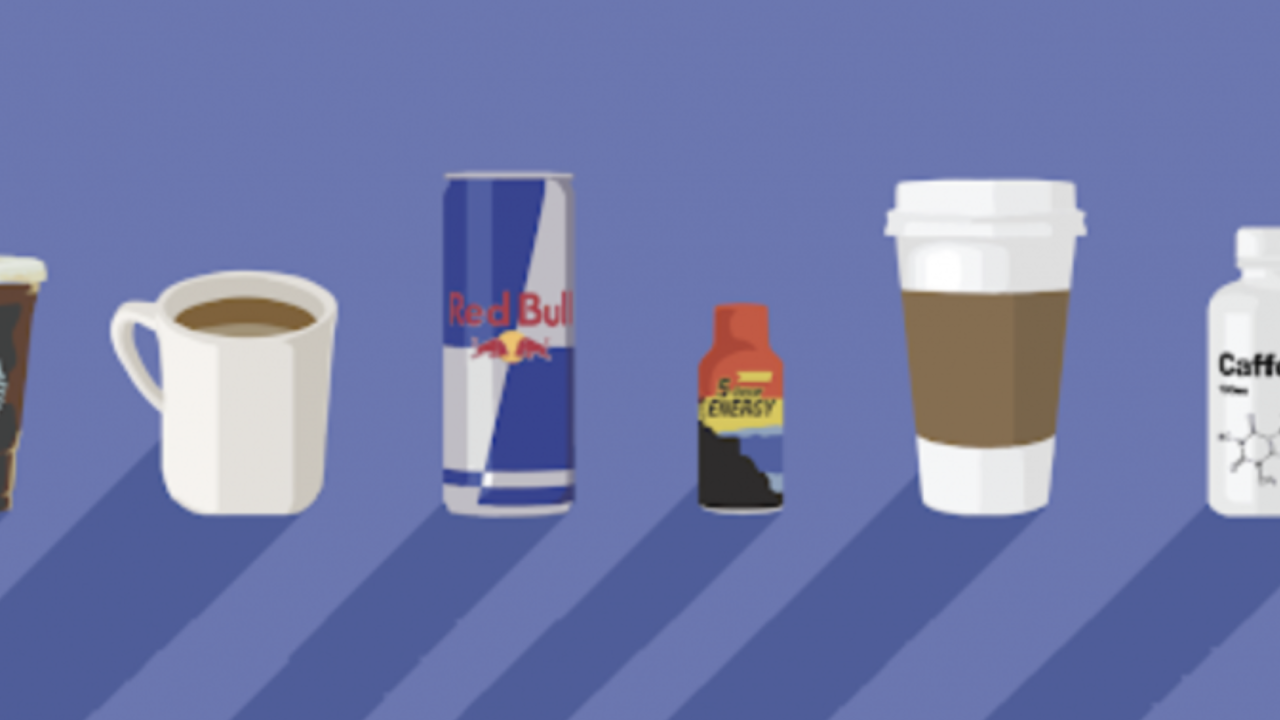
The Effects of Caffeine Consumption Among College Students
Quick Summary
- The widespread phenomenon of caffeine culture is a lively aspect among college students, with 92% of students consuming caffeinated beverages regularly, for various reasons like improved concentration and increased physical activity.
- Although caffeine has its advantages, it also can increase health risks like insomnia and anxiety.
- Because caffeine culture is a big part of student life, moderation should be the first step in navigating ongoing discussions surrounding the effects of caffeine consumption.
One step onto any college campus is all it takes to come across a student with a caffeinated drink in hand. Whether it’s a bright matcha or a bubbly energy drink, caffeine culture is present every day in student life. Reasons for consumption vary, from needing an early pick-me-up before morning lectures to a flavorful boost for studying, and highlights the deep connection between caffeine and students in this discussion.
Here at UC Davis, there are plenty of spots to acquire caffeine. With the ASUCD coffee houses, campus markets, and six Peet’s Coffee locations, there is no shortage of options for students. Not much farther into Downtown Davis, there is an array of cozy cafes that welcome students with open arms. Notably, UC Davis is the first university in the United States to have a facility dedicated to the study of coffee, known as the UC Davis Coffee Center, which was established a decade after its first course on the science of coffee was offered to students (AP News, 2024). This represents caffeine’s growing presence in our campus culture, but also in how it's shaping culture beyond ours.
A 2018 study reported that 92% of students consumed caffeine in the past year. Caffeine, a stimulating drug, is promoted by students who consume these beverages specifically for the following reasons: “to feel awake (79%); enjoy the taste (68%); the social aspects of consumption (39%); improve concentration (31%); increase physical energy (27%); improve mood (18%); and alleviate stress (9%)” (Mahoney et al., 2018). The science behind caffeine’s effectiveness lies within its ability to block adenosine receptors in the brain. Adenosine is a sleep-promoting chemical that is responsible for building up its levels, up until it signals your body when it's time to rest. With the presence of caffeine blocking this attachment of receptors to the brain, it makes you think or feel more awake and alert. This feeling is why students turn towards caffeine during times when energy decreases like intensive study sessions before exams.
While caffeine can offer a temporary solution that is appealing on the surface, it's important to remember that everyone reacts differently to caffeine. According to the U.S. Food and Drug Administration (FDA), adults should consume no more than “400 milligrams a day–that's about two to three 12-fluid-ounce cups of coffee” (FDA, 2024). To some, this might be more than enough to feel the buzz from caffeine. However, there are also a handful of individuals who go past the recommended daily amount of caffeine because it isn’t “working”, often leading to problems that outweigh the intended effects of caffeine. For instance, exceeding the recommended daily amount can lead to health risks such as high blood pressure and increased heart rate. With students who might already be struggling with factors like stress and lack of sleep in mind, looking at the amount of caffeine in a beverage is also not second nature. A student might grab two beverages, with a single one already containing half or more of the recommended amount. Being aware of these amounts and how overconsumption of caffeine can lead to reliance is crucial for protecting both physical and mental health.
Beyond its physical and mental effects, caffeine culture contributes to social lives while fostering a habit in specific routines. As introduced, this high surge of students drinking caffeine creates a community. With students meeting up with friends over coffee to relax or work on assignments together, they may find themselves consuming caffeine purely for the experience and bonds. The habit of grabbing a caffeinated beverage can arise daily, making it difficult to avoid due to the atmosphere, taste, and comfort that influence the popularity of caffeine culture.
Through this discussion, it's clear that moderation is key. Since caffeine has already cemented itself into campus culture, understanding why its consumption continues to become a hot topic of conversation is important. Through awareness of its effects, both positive and negative, students can make better choices and find alternatives. Whether that's through a better sleep routine or a simple glance at what kind of energy drink they pick up, it can prove to be better for their overall well-being and even their pocket. The most balanced approach in consuming caffeine is through moderation, as students can still enjoy the culture within reasonable limits.
Sources:
https://www.fda.gov/consumers/consumer-updates/spilling-beans-how-much-caffeine-too-much
